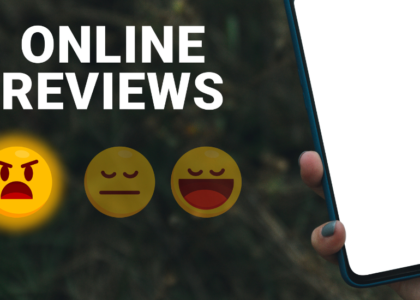What is Social Media Intelligence?
Social media intelligence occurs when you gather data, analyze it, and use it to understand the behaviors, motivations, and other factors behind the data. It’s commonly confused with related concepts such as social media monitoring and social listening. Check out the table below to understand how these concepts differ.
Gathers data about activity on social media
Uses AI and other data analytics tools
The typical level of action taken in response to the data
Main goal
Social Media Monitoring
Yes
Yes
Individual
To identify customer and audience feedback for proactive response
Social Media Listening
Yes
Yes
Campaign
To gain a better understanding of the overall sentiment of an audience
Social Media Intelligence
Yes
Yes
Strategy
To explore the why behind audience feedback, sentiment, or behavior
Why is social media intelligence important for business?
The details help you understand where to spend time and money on social media for optimal ROI. When you use the right social media intelligence tools, you have an effective crystal ball that lets you make predictions about social media marketing performance and tweak client campaigns for continuous improvement.
Audience insights
Common social media analytics consider data such as target audience demographics, interests, and behaviors. These data points help you understand the audience, including their needs and wants. That can make your social media efforts more effective because you can address audience concerns directly.
Example: social media intelligence for an HVAC business
Imagine an HVAC business in the deep south. Obviously, its customers are concerned with climate control during the summer. Social media listening might help the HVAC business know that its target audience is also concerned with cleaning air conditioning units. That knowledge alone can be powerful for marketing — the HVAC company knows it should share cleaning and maintenance tips and information about related services.
Social media intelligence goes even further, though. Armed with the right analytic tools, the HVAC business may discover that the root concern for many customers is mold and mildew in and around the HVAC unit. By addressing these detailed concerns, the HVAC business differentiates itself from the competition and builds trust with consumers.
Competitor analysis
With the right tools, you also get insights into competitors on social media, helping you understand their strategies and how audiences are engaging with them. This knowledge is critical to using social media in reputation management, as you can identify subtle or outright attacks on your clients’ brands or products.
But competitor analysis has benefits for your social media strategy too.
- It helps you identify gaps where client needs aren’t being served. You can step into those gaps, enhancing brand reputation and authority by providing content no one else is providing.
- It informs competitive content. When you know what the competition is doing, you can do it better or more appropriately for your target audience.
- It lets you join the conversation. If a topic is trending in your industry with competitors, it may be important. Competitor analysis helps you know when to step into these conversations.
Example: competitor analysis for coffee shops
Consider a hypothetical local chain of coffee shacks that offers drive-through service for customer caffeine cravings. The chain uses social media to connect with customers, drive traffic to its coffee shacks, and keep its audience informed on special deals and seasonal flavors.
What if a local coffee shop launches a campaign to pull traffic from the drive-through shacks and into its location? Perhaps it insinuates that high-quality coffee can’t be made in a small roadside shed. Social media analytics ensures the coffee shack business knows what’s being said and can address quality concerns with its own social media content.
ROI tracking
The right data lets you track the actual value of your social media efforts. When you can show stakeholders evidence of improved engagement, increased conversions, and higher revenues, you inspire confidence in your social media strategy. It’s a must for any marketing team and is critically important for agencies that sell social media services. If you can’t demonstrate return on investment (ROI), your clients have no reason to stick with you.
Example: Demonstrating ROI for subject-matter experts
Imagine an agency working with a client business that has previously run its own social media campaigns. The client subject-matter experts might be set in their ways, but the reason the business partnered with an agency is to increase ROI. The agency proposes radical changes to social media strategies that the client isn’t sure about. The ability to draw on intelligent data analysis to demonstrate the ROI differences between old and new strategies can help ensure the client warms up to the agency’s suggestions.




